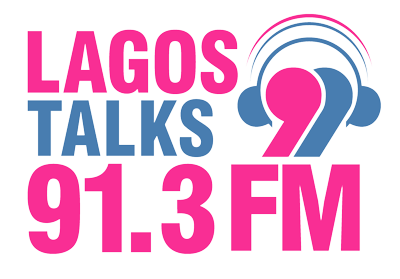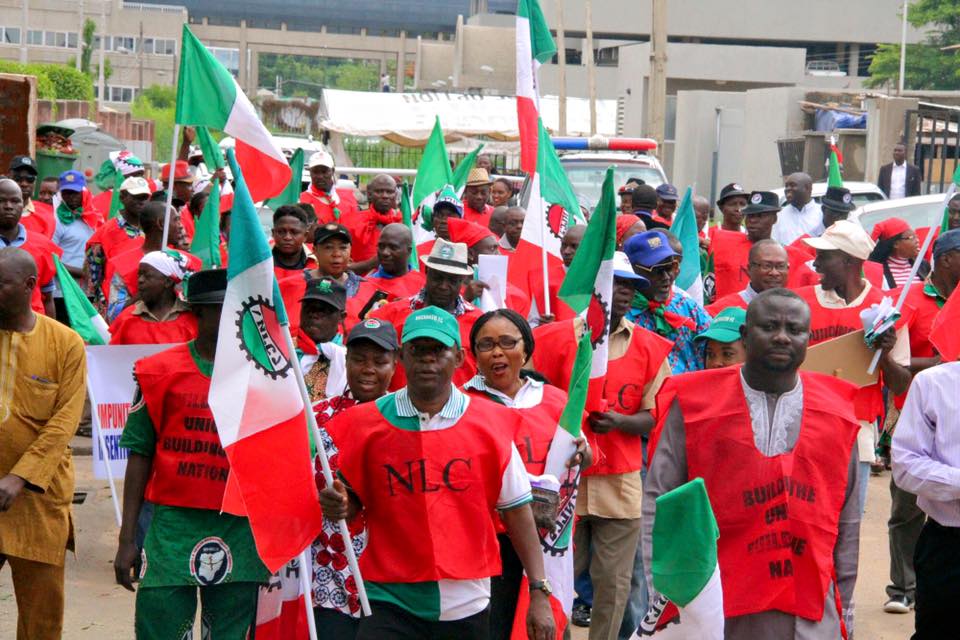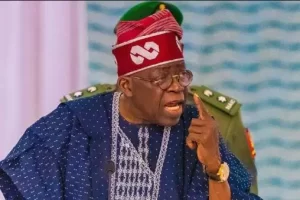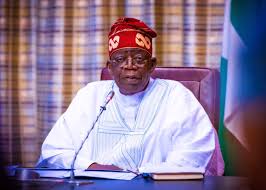The federal government has initiated discussions with organised labour to prevent an impending industrial action by workers, citing alleged poor implementation of fuel subsidy removal palliatives and delayed payment of the N35,000 wage award.
Confirming the ongoing talks, Minister of State for Labour and Employment, Hon. Nkeiruka Onyejeocha, disclosed that negotiations on the new minimum wage have also commenced. She emphasized that the negotiation process would be gradual, with a commitment to addressing all concerns raised by workers.
Despite the looming threat of industrial action, the federal government has urged the Nigeria Labour Congress (NLC) and Trade Union Congress (TUC) not to proceed with their plans. The government has pledged to resume payment of the wage award to workers this week.
In response to growing economic concerns, Chairman of the Senate Committee on Labour and Employment, Senator Diket Plang, assured that the National Assembly would support efforts to introduce a living wage for Nigerian workers.
Speaking at the Second National Labour Adjudication and Arbitration Forum organized by the Nigeria Employers Consultative Association (NECA) in Abuja, Onyejeocha reiterated the commitment to resolving issues through social dialogue and tripartite engagement.
The Secretary to the Government of the Federation (SGF), Senator George Akume, expressed the government’s desire for a fair, sustainable, and beneficial minimum wage. He emphasized the importance of embracing alternative dispute resolution mechanisms and fostering collaboration between government, employers, and labour unions.
Akume underscored the need for active listening, compromise, and cooperation among all parties involved in the negotiation process.
While advocating for a living wage for Nigerian workers, he acknowledged the country’s economic challenges and emphasized the importance of finding a balance that ensures worker well-being without compromising business viability and overall economic health.












